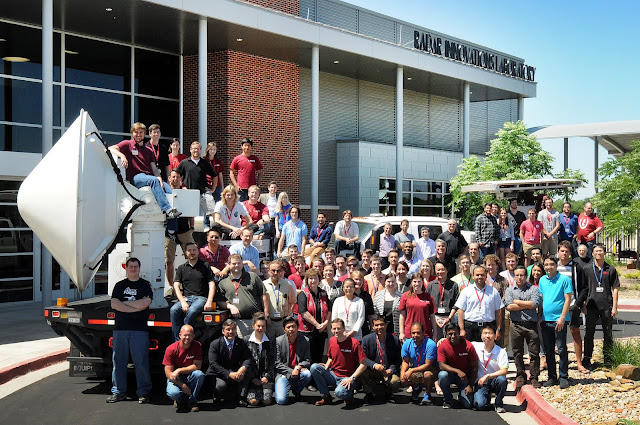Water activist honored with OU International Water Prize

Martha Gebeyehu, coordinator for Ethiopia’s Water Expertise and Training Centre, was recently named the recipient of the 2019 International Water Prize. A panel of water experts from around the world selected Gebeyehu for her ongoing commitment to empowering and training people to manage their own water and sanitation. “Martha is serving some of the world’s poorest in some of the most rural and remote regions of Ethiopia,” said Shauna Curry, chief executive officer of the Centre for Affordable Water and Sanitation Technology. “Her belief in the power of people to bring change to their own homes led to her work in the area of household water treatment. This quickly broadened to the entire area of water, sanitation and hygiene with low-cost technology that people can implement themselves.” While pursuing a master’s degree in business administration, Gebeyehu became the first water quality analyst for the Ethiopian Kale Heywet Church Development Commission implementing ...

